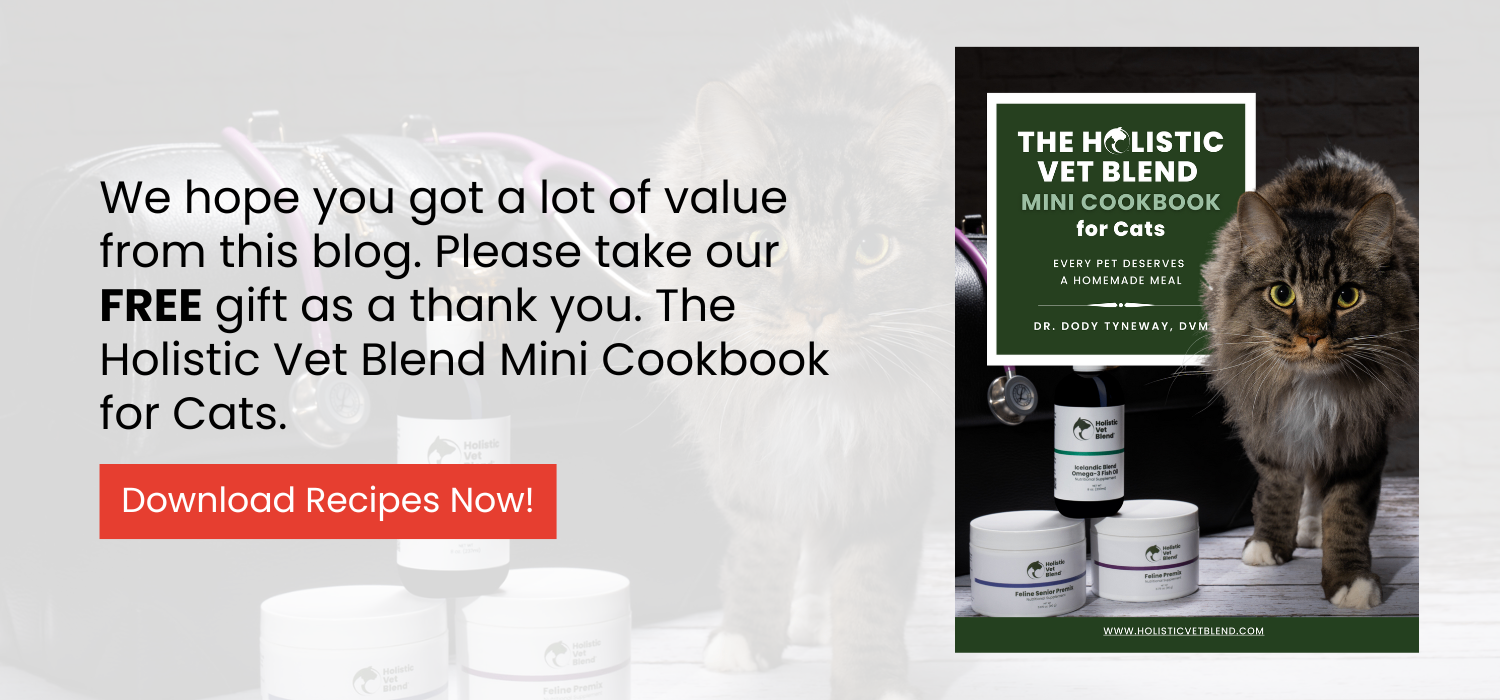
When the Thanksgiving dinner is over and your turkey platter is down to bones, don’t toss the leftover carcass — transform them into nourishment.
Homemade turkey bone broth is a soothing, nutrient-rich way to support your pet’s gut, joints, and immune system while reducing food waste. It’s an ancient comfort food with modern science to back its benefits — for both humans and pets.
What Makes Bone Broth with Turkey a Superfood for Pets
For centuries, bone broth has been celebrated as a restorative tonic. Slowly simmered bones release amino acids, collagen, gelatin, minerals, and nutrients that help the body repair, hydrate, and heal.
For our pets, this “liquid gold” supports: Joint health – rich in natural glucosamine, chondroitin, and collagen; Digestive wellness – gelatin and glycine protect the gut lining; Hydration – especially important for cats and older dogs. The healthiest way to prepare turkey bone broth is to simmer turkey bones slowly in a large pot of water for 12–24 hours, adding a small splash of apple cider vinegar to help extract minerals. Once prepared, store this turkey bone broth in an airtight container to maintain freshness. Avoid adding onions, garlic, or excessive sea salt, as these can be harmful to pets. This careful preparation ensures the broth is safe and packed with beneficial nutrients.
- Joint health – rich in natural glucosamine, chondroitin, and collagen from turkey wings, extracting all the good stuff for optimal benefit.
- Digestive wellness – gelatin and glycine protect the gut lining
- Hydration – especially important for cats and older dogs
- Immune support – amino acids and trace minerals help immune cells thrive
- Palatability – enhances appetite and encourages picky eaters
Adding a splash of turkey bone broth recipe to meals is a great way to turn ordinary kibble or homemade food into a flavorful, health-boosting treat.
How to Make Pet-Friendly Turkey Bone Broth
This simple recipe uses the whole thanksgiving turkey — neck, bones, and giblets — to make a homemade turkey broth that nourishes your pet and reduces kitchen waste.
Ingredients:
- Leftover turkey carcass, cleaned of most meat
- Turkey neck and giblets (optional but highly nutritious)
- ¼ cup apple cider vinegar – helps draw minerals from the bones
- 2–3 carrots and 2–3 ribs celery (optional for extra flavor)
- Enough water to cover everything by 1 inch
Important: Do not add salt, garlic, or onions. These are harmful to cats and can upset dogs’ stomachs.
Stove top Method
- Add all ingredients to a large stock pot and cover with water.
- Bring to a boil, then reduce to a gentle simmer for 8–12 hours.
- Add water as needed to keep bones submerged.
- Strain through a fine mesh sieve and discard solids.
Slow Cooker Method
- Add all ingredients to a slow cooker and cover with water.
- Cook on low heat for 12–24 hours.
- Strain, cool, and discard solids.
Instant Pot or Pressure Cooker Method
- Add all ingredients to an Instant Pot (8-quart preferred).
- Cook on high pressure for 2 hours with natural release.
- Strain and cool completely.
How to Skim Fat for a Safe, Gentle Broth
Once your broth is strained:
- Cool completely, then refrigerate overnight.
- The fat will rise and solidify on top.
- Skim and discard the hardened fat before serving.
This step is important — excess fat can cause digestive upset or even pancreatitis, especially in cats and small dogs.
The result should be a golden, clear, mildly gelatinous broth that’s easy on sensitive tummies.
The Science Behind Bone Broth Benefits for Dogs and Cats
1. Gut Health and Hydration
Recent veterinary research highlights how glycine, proline, and gelatin strengthen the intestinal barrier and soothe inflammation, making a great base turkey soup for pets recovering from GI issues. These amino acids can help pets recovering from GI issues or antibiotic use, and improve hydration — crucial for cats who naturally drink less.
2. Joint and Mobility Support
Collagen-rich broth provides glucosamine and chondroitin, supporting cartilage health and mobility, particularly in aging or large-breed dogs.
3. Liver Detoxification
Glycine plays a key role in liver detoxification, helping the body neutralize and remove toxins — valuable during the holiday season when pets may sneak extra treats.
4. Immune and Skin Support
A 2023 Journal of Animal Physiology and Animal Nutrition study found that gelatin hydrolysate can improve antioxidant capacity and immune response in dogs. Collagen also supports healthy skin, coat, nails, and connective tissues, especially when prepared with cold water.
5. Palatability for Picky Eaters
The rich aroma of slow-simmered turkey broth from thanksgiving leftovers carcass makes even finicky cats and senior dogs more enthusiastic about mealtime — a small step that can make a big difference in calorie and nutrient intake.
How to Store and Serve Homemade Turkey Bone Broth Safely
- Refrigerate in mason jars for up to 5 days.
- Freeze in silicone molds or ice cube trays for up to 3 months.
- Defrost portions as needed and serve at room temperature or slightly warm (never hot).
- Optional: Freeze flat in zip-top freezer bags to save space along with any leftover bones for future use.
Serving Ideas:
- Pour over dry food or rehydrated meals for added deeper flavor and moisture.
- Mix into recovery diets for dogs or cats post-surgery or illness.
- Use in homemade recipes with Holistic Vet Blend premixes to add digestibility and palatability.
- Add to lick mats or frozen enrichment toys for enrichment and hydration.
Why Homemade Broth Supports One Health
Creating bone broth from leftovers is a simple, sustainable act that embodies the One Health principle — caring for animals, people, and the planet together.
It reduces food waste, limits packaging, and ensures every part of the turkey serves a purpose.
“Homemade bone broth not only nourishes your pet — it honors the whole animal and our shared environment. It’s one small but meaningful way to practice holistic care through food.”
Quick Holiday Safety Reminders
- Never add onions, garlic, salt, or seasoning to broth for pets.
- Avoid feeding cooked bones directly.
- Skim fat to prevent digestive upset.
- Offer broth in moderation — 1–2 tablespoons for small pets, up to ½ cup for large dogs.
- Always introduce new foods gradually.
Final Thought
The holidays are about gratitude and connection — and what better way to include your furry family than by sharing a wholesome, nourishing recipe made from love and leftovers.
Turkey bone broth is more than a treat — it’s a gesture of care, comfort, and sustainability.













